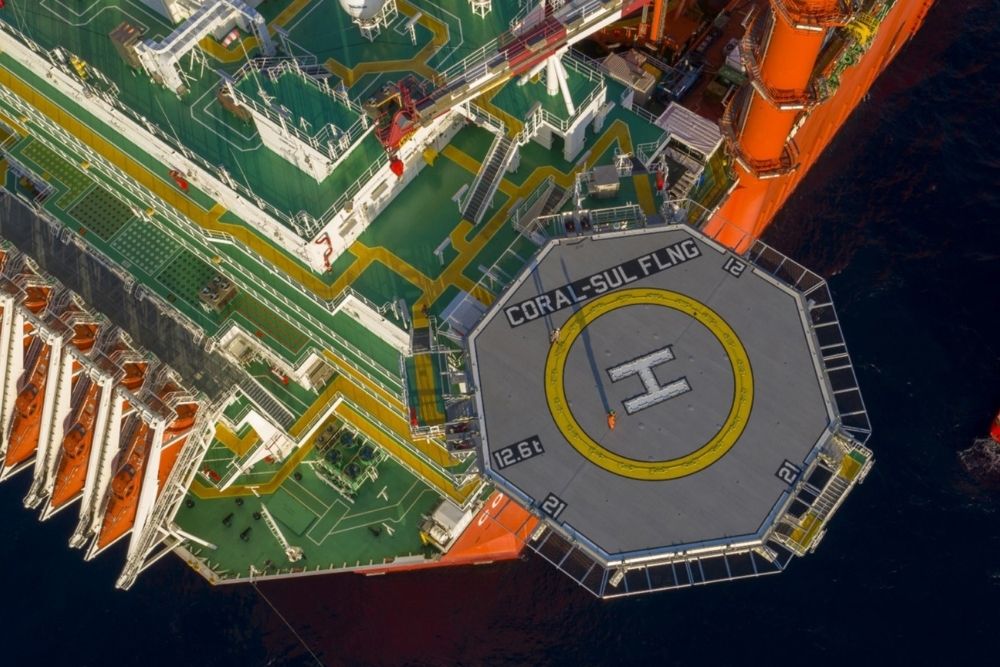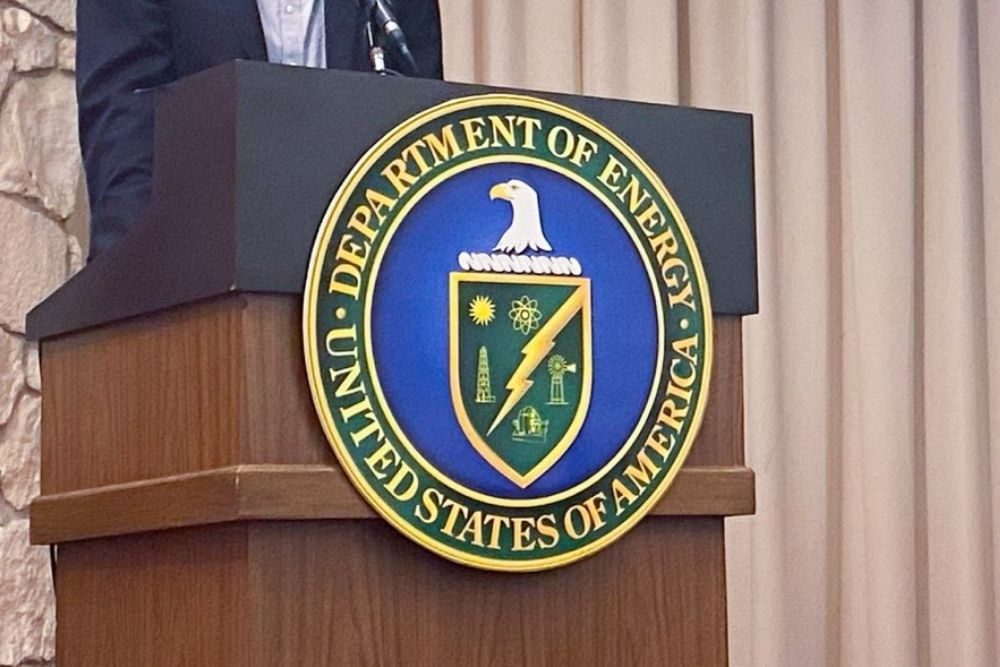Gazprom sends first LNG cargo via the Northern Sea Route
- August 23, 2023
- Posted by: Quatro Strategies
- Categories: Europe, Oil & Gas, Sanctions & Regulation
Russian gas giant Gazprom has sent its first cargo of liquefied natural gas (LNG) from its Portovaya LNG plant on the Baltic Sea via the Northern Sea Route, according to ship tracking data. The Velikiy Novgorod tanker was loaded with LNG from the plant on August 14 and is currently moving in the Barents Sea in the Arctic. The final destination for the cargo has not been disclosed.
The Northern Sea Route is seen as an alternative to the Suez Canal for Russia, offering the potential to cut sea transport times between Europe and Asia. Russia has been exploring the use of this route to diversify its trade options, particularly as trade with Western countries has decreased due to geopolitical tensions.
The Portovaya LNG plant, with an annual output capacity of 1.5 million tons, began production in September of the previous year. It had previously shipped LNG cargoes only to a couple of countries.
The move to send LNG via the Northern Sea Route marks a significant development in Russia’s efforts to expand its energy exports and strengthen its presence in the global LNG market.
Interested in learning more?
Sign up for Top Insights Today

Top Insights Today delivers the latest insights straight to your inbox.
You will get daily industry insights on
Oil & Gas, Rare Earths & Commodities, Mining & Metals, EVs & Battery Technology, ESG & Renewable Energy, AI & Semiconductors, Aerospace & Defense, Sanctions & Regulation, Business & Politics.


